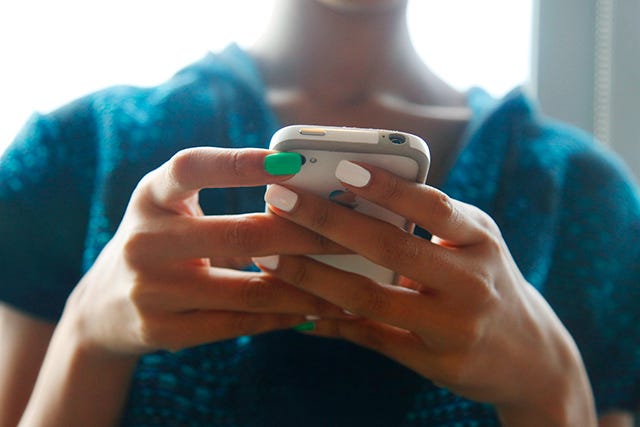 Photographed By Erin Yamagata.
Photographed By Erin Yamagata.Although dating sites talk up their fancy algorithms and insist that their "love scientists" will find your perfect partner, no formula can actually predict whether people will hit it off when they meet face-to-face. However, if you’re an OKCupid user, you may have noticed certain "matches" that were more off than expected.
Christian Rudder, one of OkCupid’s founders, just revealed in a blog post on the company’s website (titled “We Experiment On Human Beings!”) that the dating site has conducted a number of experiments on its users over the company’s 10-year history — pulling information from profiles and interactions and manipulating experiences to draw fascinating conclusions about online dating and human behavior at large.
AdvertisementADVERTISEMENT
Rudder’s blog post comes in the wake of the announcement last month that Facebook data scientists had adjusted the News Feeds of hundreds of thousands of Facebookers, part of an experiment on how social media usage influences our emotions and vice versa. Both OkCupid's and Facebook's research revelations sparked outrage, with users insisting they had not signed up to serve as human guinea pigs. “Guess what, everybody,” Rudder responds, “If you use the Internet, you’re the subject of hundreds of experiments at any given time, on every site. That’s how websites work.”
Rudder goes on to elaborate on the various tests OkCupid has run on its users. In one test, OkCupid took pairs of “bad” matches (rated as 30% compatible by the site) and told them they were “exceptionally” compatible (a 90% match or more). OkCupid also told some users that their 90% matches were only 30% matches, then let the magic happen (or rather, disappear). The odds of a single message turning into a conversation in these cases was 16% — compared with a 17% chance between bad matches who were under the impression that they were exceptionally compatible. So, it's actually even more likely that you'll connect with a bad match you think is good than with a good match you think is bad. Basically, online daters place a great deal of value in those compatibility ratings — rather than trying to gauge rapport and attraction themselves.
In another test, OkCupid removed all of its pictures on January 15, 2013 (dubbed “Love Is Blind Day”). Over the seven hours that photos were absent from the site, OKCupid observed that people replied to first messages 44% more often, that the content of conversations was “deeper,” and that contact information such as phone numbers and emails was shared sooner than when photos identified users as hot-or-not. When the site abruptly restored the missing photos, conversations initiated during the “blind” period ground to a screeching halt. “It was like we’d turned on the bright lights at the bar at midnight,” said Rudder.
Rudder was inspired by "Love Is Blind Day" to dig up the metrics on people who used OkCupid's blind-date app with the intention of being matched with someone sight-unseen; he found that these people’s enjoyment of their blind dates wasn’t dependent on their matches’ looks.
Beyond the conclusions that online dating revolves around appearance, and that people have a lot of faith in those aforementioned algorithms, these experiments and research also remind us that the vast stores of information we deposit online aren’t necessarily staying safe and sound. And, if that weirds you out, a radical alternative remains: Sometimes, if you’re lucky, you can still find a date — or a friend — offline.